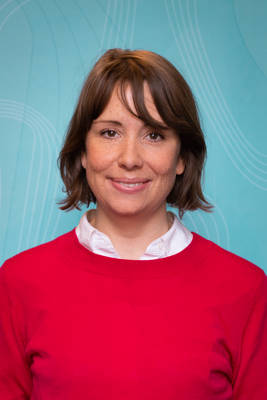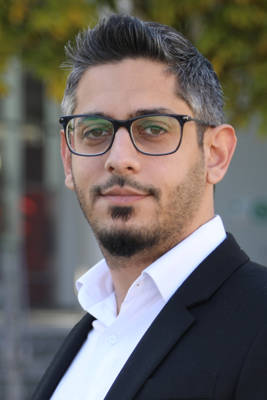Humanitarian action relies on negotiations with powerful actors for access and programming at local, national and international levels. These negotiations are filled with ethical dilemmas like cooperating with war criminals and repressive regimes, favouring certain social and political groups or putting the lives of local staff at risk in order to save lives and alleviate suffering.
(Video: Presentation by Kristoffer Lidén at the kick-off meeting on March 1st 2022.)
Starting from consultations with humanitarian practitioners, this project maps out these ethical problems and cross-examines them through a set of case studies and theoretical perspectives. The cases are from Syria, Bangladesh, Colombia, Nepal, the Mediterranean and the UN Security Council. The project team will also develop online university courses at MA and PhD levels and professional trainings, and will interact with policymakers, practitioners and civil society through a range of online and offline activities with a global reach.
The project is hosted by Peace Research Institute Oslo in association with the Norwegian Centre for Humanitarian Studies, and led by Kristoffer Lidén, in collaboration with Kristina Roepstorff as the deputy project leader. It includes research partners from Pontificia Universidad Javeriana, Bogotá; Tribhuvan University, Kathmandu; University College Dublin; Oxford Institute for Ethics, Law and Armed Conflict, University of Oxford; and Inland Norway University. The Centre of Competence on Humanitarian Negotiation - a collaboration between the ICRC, UNHCR, WFP, MSF and the Centre for Humanitarian Dialogue – will be actively involved in consultation and training activities. University courses will be offered in collaboration with Research School on Peace and Conflict and the Joint Master's Degree of the Network on Humanitarian Action (NOHA).
The project is funded by the Research Council of Norway, grant nr. 325238.
 (1).jpg?x=800&)









